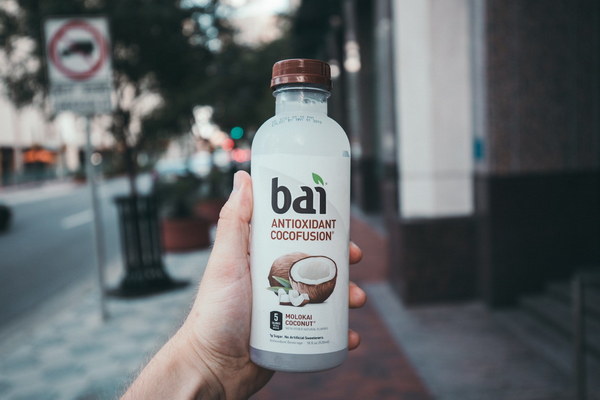Revolutionizing Anti-Aging Activating the Anti-Aging Factor for a World Full of Vitality
In the relentless pursuit of eternal youth, scientists and researchers have been tirelessly searching for the elusive anti-aging factor. Now, with groundbreaking advancements in biotechnology, we are on the brink of activating this powerful elixir for the betterment of our world. The time has come to unlock the secrets of longevity and pave the way for a world full of vitality.
The anti-aging factor, a term that has sparked countless dreams and aspirations, refers to a combination of genetic, environmental, and lifestyle factors that contribute to the aging process. By targeting these factors, scientists aim to slow down the aging process, promoting health, vitality, and a longer, more fulfilling life.
The discovery of the anti-aging factor has been a long and arduous journey. Over the years, researchers have delved into the depths of the human genome, uncovering genes that play a crucial role in the aging process. These genes, known as longevity genes, are responsible for regulating cellular processes, such as DNA repair, metabolism, and inflammation.
Moreover, scientists have identified environmental factors that accelerate aging, such as UV radiation, pollution, and poor diet. By addressing these factors and promoting a healthier lifestyle, we can effectively activate the anti-aging factor and extend our lifespan.
The first step in activating the anti-aging factor is to optimize our genetic makeup. By understanding the role of longevity genes, we can develop personalized interventions that target our unique genetic profile. This may involve gene editing, gene therapy, or the development of drugs that modulate the expression of these genes.
In addition to genetic interventions, environmental factors must also be addressed. By adopting a healthier lifestyle, such as eating a balanced diet rich in antioxidants, engaging in regular physical activity, and minimizing exposure to harmful substances, we can promote the activation of the anti-aging factor.
Another critical aspect of activating the anti-aging factor is the role of the microbiome. The gut microbiome, a complex ecosystem of microorganisms, plays a significant role in our health and longevity. By maintaining a balanced and diverse microbiome, we can support our immune system, improve digestion, and reduce the risk of chronic diseases.
Furthermore, advancements in regenerative medicine and stem cell therapy offer promising avenues for activating the anti-aging factor. By harnessing the regenerative power of stem cells, scientists can repair damaged tissues, rejuvenate organs, and promote overall health and vitality.

The implications of activating the anti-aging factor for the world are profound. With a longer, healthier life expectancy, we can expect a surge in productivity, creativity, and overall well-being. The burden on healthcare systems will be alleviated as the incidence of chronic diseases decreases. Additionally, we can anticipate a more sustainable world, as older individuals will have more time to contribute to social, economic, and environmental endeavors.
However, the activation of the anti-aging factor also comes with ethical considerations. Ensuring equitable access to these advancements, addressing potential health risks, and maintaining social cohesion in a world with varying lifespans are just a few of the challenges we must overcome.
In conclusion, the activation of the anti-aging factor holds the promise of a world full of vitality, health, and longevity. By leveraging the power of genetics, environmental factors, lifestyle choices, and cutting-edge medical technologies, we can pave the way for a brighter future. The time has come to embrace this revolutionary journey and unlock the secrets of aging for the betterment of our world.









